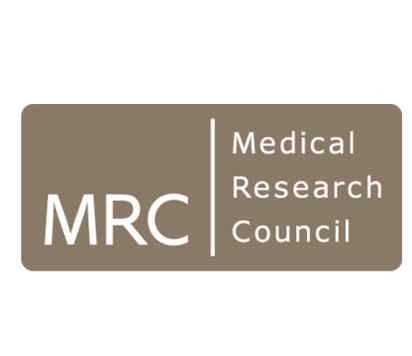
Key question
Can legume seeds and their derived products provide a sustainable solution to meeting protein, carbohydrate and micronutrient requirements as well as improved gut barrier function in humans in challenging environments?
The overall aim of this working group is to investigate to what extent legume seed composition, already capable of providing a high level of nutrition to humans and farm animals, can a) provide a high-quality food source, in combination with cereals, and deliver a full complement of essential nutrients to support childhood nutrition in challenging environments and b) can be improved using genetic and processing technologies to deliver, alone or in combination with other foods, higher nutritional value to under-nourished human populations.
Legume seeds are generally deficient in the sulphur-containing amino acids, methionine and cysteine, but provide a good source of lysine, which is deficient in many cereals. Genetic strategies can be used to target genes encoding proteins which are less desirable in terms of their composition, structure and digestibility, or have other negative consequences for digestive processes (e.g. enzyme inhibitors). Equally, the type of starch which is present in legume seeds reflects plant genotype, principally an array of genes involved in carbohydrate metabolism; the type of starch which is classified as ‘resistant’ is very desirable in terms of promoting positive pancreatic responses to blood glucose. Other micronutrients in seeds may also vary in type and concentration in response to both genetics and the environment.
General enquiries
Georgia Levey
Centre for Translational Nutrition and Food Research Coordinator
